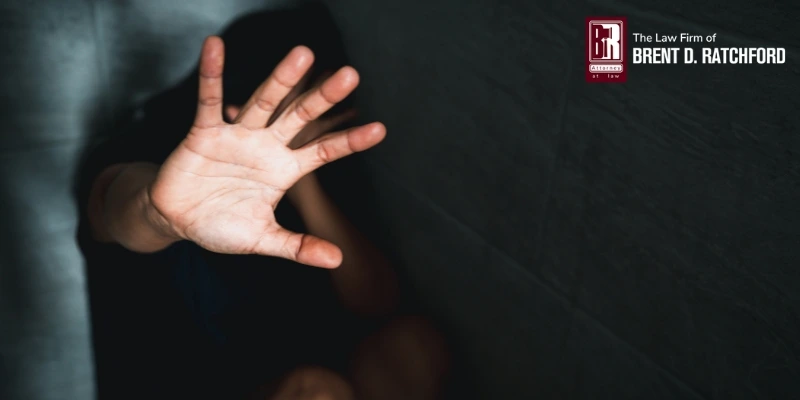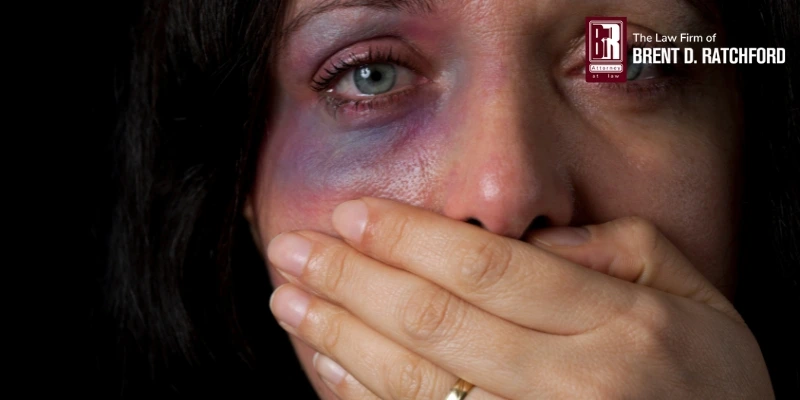A domestic violence accusation can cause distress, and if charges are filed, it can result in life-altering consequences, including jail time and reputational damage. Below, we cover some common defenses in domestic violence cases that you must know if you face charges for domestic violence. These defenses are often best evaluated and applied by an experienced criminal defense lawyer in Belmont who understands how local courts handle such sensitive matters.
Common Defenses in Domestic Violence Cases That You Must Know
A knowledgeable attorney with years of practice successfully representing domestic violence defendants in court can help you leverage one of the following defenses in a domestic violence case:
Self-Defense
You may be able to prove that your actions were carried out in self-defense. Though we often think of women as victims of domestic violence, men can also be affected by domestic violence, and both parties in a relationship marked by domestic violence can engage in mutual combat.
There were 155 victims of domestic violence-related homicide in North Carolina in 2024, 61 of whom were male victims.

False Allegations
It is important to treat domestic violence accusations seriously. However, in specific situations, for instance, a couple going through a contentious custody battle or if one party is trying to gain the upper hand during a divorce, false domestic violence accusations can be made.
Insufficient Evidence
Lack of evidence of domestic violence can also be a strong defense in a case. Each state has its own definition of domestic violence, and highlighting where the evidence fails to meet this definition can give a defendant the upper hand.
In North Carolina, for instance, domestic violence can be charged if a defendant places a person with whom they had an intimate relationship in danger of serious bodily harm. An attorney may be able to disprove that the relationship met the definition of domestic violence or that the actions of the defendant did not directly place the alleged victim in harm.
Showing that an alleged victim has not pursued a protective order can also strengthen the defense’s case. According to a 2013 article by the FBI, having an emergency protective order increased the likelihood that a domestic violence incident would be prosecuted by 85% to 89% and conviction rates by 100%.
What Happens After a Domestic Violence Arrest?
Knowing what to expect following a domestic violence arrest can be critical to help you prepare the most optimal defense in your case and avoid mistakes that could lead to a conviction. There are a series of stages in the process:
- Negotiation and trial. If there is probable cause to proceed to trial, your attorney may attempt to negotiate a plea deal with prosecutors for a lesser charge. Otherwise, they can work to undermine the prosecutor’s case during the trial.
- Protective orders. Even if you are acquitted of domestic violence, you may be subject to a protective order (50B Order) barring you from contacting or being in proximity to the alleged domestic violence victim.
Tips to Prepare a Strong Defense Against Domestic Violence Charges
Even if you believe a domestic violence accusation levied against you is baseless, or if you are facing serious domestic violence accusations, you should ensure that you follow these tips to prepare a strong defense in your case.
Gather Evidence
You can increase the likelihood of beating a domestic violence charge by gathering evidence to show that an accusation was false (having an alibi, for instance) or that the other person had also engaged in violence against you. This can include texts, photos, and any witness statements.
Obey DV Protective Orders
Violating a protective order can cause irreparable damage to your defense and potentially result in additional charges.
Seek Legal Counsel
You are highly advised to work with a knowledgeable attorney in your case. They can recommend the most suitable defense based on the facts of the incident and negotiate with prosecutors on your behalf.

FAQs About Common Defenses in Domestic Violence Cases
What Makes a Strong Domestic Violence Defense Case?
What makes a strong domestic violence defense case is one with strong evidence to disprove the allegations in the case. This can include evidence showing that the accusations of domestic violence are false or providing evidence that you acted in self-defense. Each case is unique and requires a tailored defense strategy for success.
What Evidence Do I Need for a Domestic Violence Case?
Evidence supporting a domestic violence case can include texts or instant messaging communications, photographs and videos, witness statements (written or testimony), medical records, and social media posts. The evidence can be used to undermine the prosecution’s case against the defendant or to back a defendant’s own case, whether it is based on self-defense or showing the allegations were false.
What Factors Contribute to Success in a Domestic Violence Case?
There are multiple factors that can contribute to success in a domestic violence case. It is important to act swiftly if you have been arrested for domestic violence and to seek the counsel of a criminal defense attorney. It is also important to obey any protective orders and to avoid contacting the alleged victim.
Gathering strong evidence in your case can also lead to a dismissal, an acquittal, or reduced charges.
How Long Do Most Domestic Violence Cases Last?
The length of a domestic violence case can vary. Certain cases can be resolved in a matter of weeks if the defendant pleads guilty or if prosecutors are willing to negotiate. If a case goes to trial, however, the case can take months to conclude, depending on the court’s schedule and the complexity of the case.
The Right Defense Can Make the Difference in a Domestic Violence Case
While victims of domestic violence deserve to be heard and protected from an alleged perpetrator, those accused of DV also have the right to a fair trial and to combat baseless domestic violence charges. Some common defenses in domestic violence cases include proving self-defense, false accusations, and showing a lack of evidence. The specific defense pursued is determined by the facts of the case.
If you or your loved one has been charged with domestic violence, it is recommended that you consult a seasoned criminal defense attorney. When you work with The Law Firm of Brent D. Ratchford, you benefit from personalized attention and the compassionate representation you deserve. Contact our office today to discuss your case.







